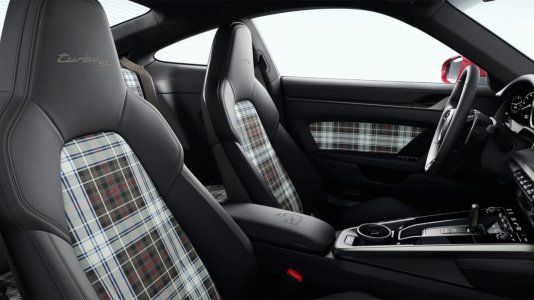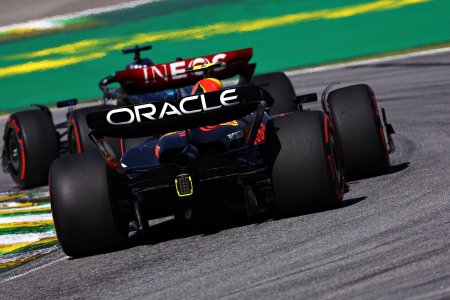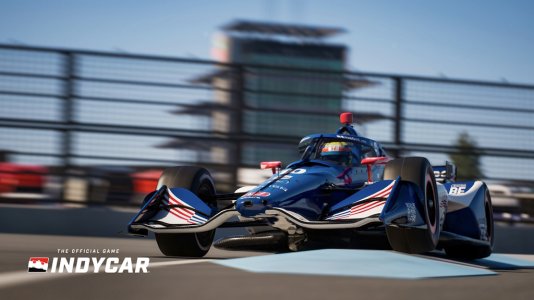I hope the increased aero sophistication in the WEC wont lead to cars that can't follow each other like in F1.
These cars are all about aero efficiency (the reason why Audi ran the rest of the season with their Le Mans body kit was solely because it produced the same amount of downforce as their normal bodykit, albeit with ~20% improved efficiency), so they shouldn't be running in as much dirty air as an F1 car. Add that to the fact that their tires offer way more mechanical grip than the Pirelli F1 tires, for a longer amount of time as well, so I think they should be fine.
I wonder how the 6mj with diesel will compare with Porsche's 8mj petrol combo? Now let's see what Toyota comes up with.
Depending on the track (and thus, boost settings), Porsche's 2L V4 engine produced between 500-600hp, with the 600hp being the absolute maximum. Audi's Diesel V6 easily produces over 600hp, while Toyota's V8 engine (naturally aspirated) should produce around 550hp.
Now, with their petrol/battery combo, Porsche has a maximum power output of 1100-1200hp, while Audi and their (old) hybrid combo had around ~1000hp. Toyota's power output lies somewhere between 900hp and 1000hp. While I know for a fact that the Porsche puts out that amount of power (good friend of mine from university completed a season-long internship with their LMP1 team), the Audi and the Toyota are well-educated guesses (made by Porsche engineers), so take these with a grain of salt. With Porsche most likely not changing anything on their power train (batteries, 8MJ, 2L V4 petrol engine staying the same), the only gains they will be able to make are in the aerodynamics department. Audi however, with their updated power train (engine the same, hybrid switch to batteries, 6MJ) they will definitely close the power output gap to Porsche (if their batteries are roughly as good as Porsche's), while being way ahead in terms of aerodynamic development, which was the sole reason they were able to keep up from time to time with Porsche. Toyota needs to make the biggest gains for 2016, with both power train and aerodynamics (switch to turbocharged V6, possible upgrade to 8MJ hybrid system), but since rumours are that they had their budget increased for 2016 I can totally see this happening. Nissan, meanwhile, will still be miles off pace the other factory teams, and will probably be fighting with the LMP1 privateers.
Related note: Olly Jarvis sure is popular within Audi Sport. Never done anything noteworthy in DTM, FIA GT, SuperGT, or LMP1, yet he's always driving for top teams. Rast should have gotten the nod.
To be fair, he's by no means a bad driver. While he hasn't won anything significant yet, he hasn't had a really bad season in any of the classes he's driven in yet, implying that he's a very consistent driver. We know that for endurance racing, consistency is worth much more than raw pace, so I see him in the right place already. You then have to consider that in endurance racing, a car is always driven by multiple drivers. In order for the whole team, and all three drivers, to be fast, they need to have similar driving style, ie. they can all drive fast with the same setup on the car. While Audi probably have faster drivers than Jarvis (Rast, Rockenfeller, Green), they must have a reason to not substitute any of those for Jarvis.














